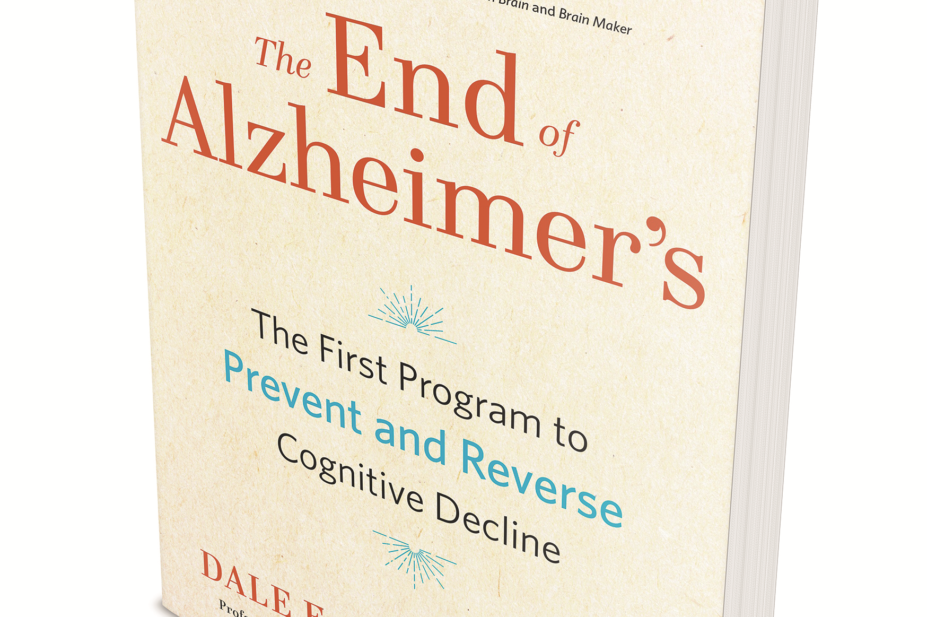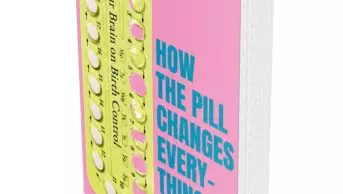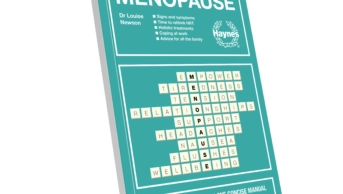
Ageing is associated with a range of health-related problems and while we gracefully accept the inevitable decline in our athletic prowess, for many, potential loss of cognitive function ranks as one of the most difficult aspects of the process. Dementia (of which the most common form is Alzheimer’s disease) affects a large number of people. According to Dementia UK, there will be more than a million people with dementia by 2025. To date, there is no convincing evidence that dementia can be cured. This book challenges that premise and describes a programme to prevent and reverse the disease. Written by a leading expert in neurodegenerative disease, the book claims that the programme, called RECODE (reversing cognitive decline), offers real hope of preventing and even reversing Alzheimer’s disease and cognitive decline.
The book is organised into three sections and starts with examples of patients who have been pulled back from the disease after following the RECODE programme. The next section provides a comprehensive explanation of the disease and finishes by describing the programme in some detail.
In the second part, the author takes you on his own journey of discovery in relation to the disease. I’m sure most pharmacists will be aware that Alzheimer’s disease has something to do with the build-up of amyloid-beta plaques in the brain. What is perhaps less well known is how and why these plaques form.
With clarity, Bredesen describes how our brains constantly remodel memory connections, build new ones and remove those that are no longer needed. For instance, we need to remember how to drive a car, but don’t need to retain what we ate for lunch yesterday. It turns out that in people with Alzheimer’s disease, this balance is disturbed and there is more synaptic removal than replacement.
Of course, in reality, it’s more complicated and the author does a great job of explaining how all the pieces fit together. It turns out that there are 36 metabolic factors involved in the development of Alzheimer’s, which probably explains why current drugs, that invariably target only one or two processes, are largely ineffective.
I was looking forward to the final section to see if there is anything I can do now to prevent a decline in my own cognitive powers. Sadly, this is where the book becomes very long and frankly tedious. The simple take-home message is that we need to adopt a healthy diet, exercise more and reduce our levels of stress — often more easily said than done. The author describes, in far too much detail, which foods are good for the brain and which foods should be avoided, although the list of culprits is rather predictable (too much sugar and saturated fats, for example).
Despite my reservations, this book provides a lot of interesting information and has certainly taught me a lot about Alzheimer’s disease, and I think pharmacists will also find it of value. Although the author really pushes the programme, the published study that forms its basis involved only ten patients, so further work is needed to clarify these initial results.
While nobody doubts the health benefits of a good diet and regular exercise, it seems that we can now add improved cognitive function to the list.
Rod Tucker
References
The end of Alzheimer’s: the first programme to prevent and reverse the cognitive decline of dementia. By Dale E Bredesen. Pp 308. Price £14.99. Avery Publishing, London, 2017. ISBN 978 1 78504 122-8


